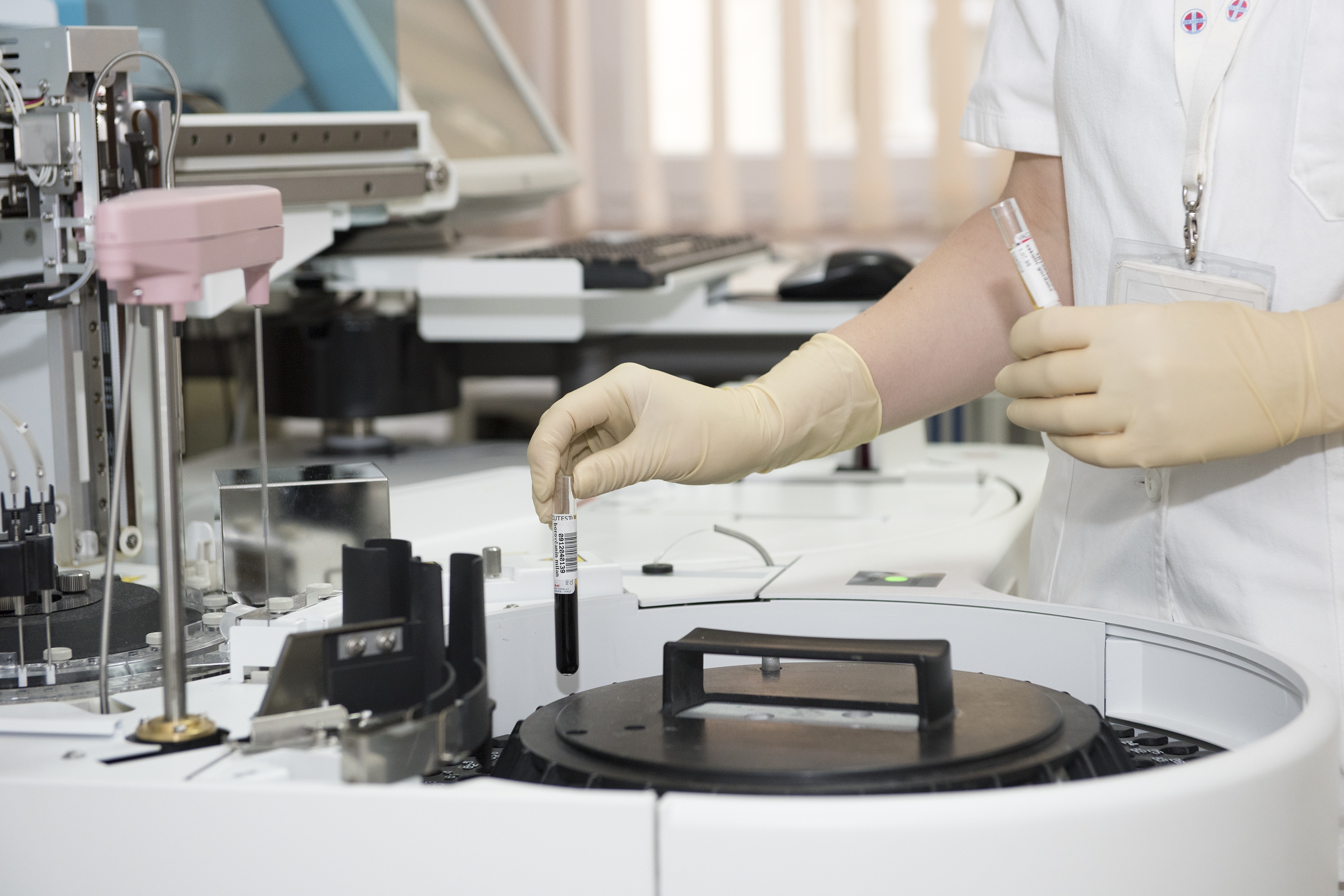
Microsoft is helping a company that tries to predict the future
A program that tries to predict the future, a home health monitor for people with cancer and an online bot that can chat to customers are just some of the proposals that have won places on a Microsoft course for start-ups.
Microsoft Accelerator, a global initiative that helps entrepreneurs to grow their companies, has chosen eight businesses for their latest course in London.
The winners, which were picked from a total of 350 applicants following a three-month selection process, were:
- CoScale: A company from Ghent, in Belgium, that has built a forecasting program that alerts the user when anomalies are detected. It has 19 employees.
- MBA & Co: A firm from London that uses the internet to match companies with independent consultants. It has 30 staff.
- True AI: Based in London, True AI has developed an online bot that can talk to humans, making customer service semi-automatic. It has four employees.
- Hadean: Claiming to be the only technology in the world that can effortlessly analyse any size of data set, Hadean is based in London and employs six people.
- Hippo Data: Predominantly used in financial trading, Hippo Data uses machine learning and artificial intelligence to quickly analyse large amounts of data and predict what will happen in the future. The company is based in Malta and has seven staff.
- Appiness: A firm based in Aalst, Belgium, that has developed two programs designed to spot objects in TV programmes and films (such as T-shirts, lamps, sofas etc) and offer information on where to buy them. It employs 17 people.
- Eva Diagnostics: Multi-award-winning company that has created a handheld health monitor for people living with cancer, anaemia and polycythemia. The product can be used at home and just needs a single drop of blood from a finger prick. The firm has 12 full-time workers and five consultants.
- Firefly Learning: An online tool that brings together teachers, students and parents. It has offices in London and Sydney, Australia, and employs 45 people.
The eight firms were chosen this week after an intensive two-day judging session that saw 25 companies pitch to 12 members of the Accelerator programme. The founders and chief executives of the companies were quizzed on every aspect of their business, from how their products work, to future revenues and growth opportunities.
Eva Diagnostics’ product could mean fewer blood tests need to be performed by a doctor
Warwick Hill, Chief-Executive-in-Residence and Managing Director of Microsoft’s London Accelerator, said: “In our role of making good companies great, we invite 25 companies to come and pitch to the Accelerator selection panel. We deliberately make it challenging to progress to the interview stage – there is a 2% success rate – as we make a significant investment in time, effort and resources to help the successful companies to thrive.”
During their four-month residency in the London Accelerator, for which Microsoft does not take an equity stake, the eight companies will be handed free use of office space in the capital; one-to-one mentorship and support tailored to their needs; a curriculum featuring workshops on market strategy, fundraising, finance, intellectual property law, and marketing; $500,000 of open-source-friendly Azure cloud credits and free software; access to Microsoft’s products and potential investors.
The London Accelerator has already helped a string of successful companies, including retail rating firm TruRating and personal training app FitWell, and the new entrants said they were very excited to be in the programme.
CoScale
Michel De Wachter, the chief executive of Appiness, said his team opened 12 bottles of beer to celebrate their inclusion in the programme.
“We are very lucky, and it means a lot to us and our investors. It means we get our technology validated by Microsoft, that it means something, and that’s valuable. It will be very tough and intensive but we will end up talking to the right decision makers,” he said.
Rashid Mansoor, the chief executive of Hadean, said he was attracted to the Accelerator programme because of Microsoft’s legacy in computing.
“Microsoft was appropriate given its history and its foundations. Big Data has now sprung into the picture and the next five years of computing will be all about the cloud and building devices that can handle multiple processes.
“As a start-up you are starved of resources, so being handed $500,000 of cloud credits means we can generate very large revenues before we have to worry about paying cloud providers.”
Hippo Data
For Daniel Callaghan, the boss of MBA & Co, the Accelerator is a chance to learn how to grow his business “in the most effective way”.
“The ability to gain access through Microsoft’s network to clients that would otherwise take a long time was also appealing.
“All the team was delighted to get through and it’s something we are looking forward to taking part in.”




